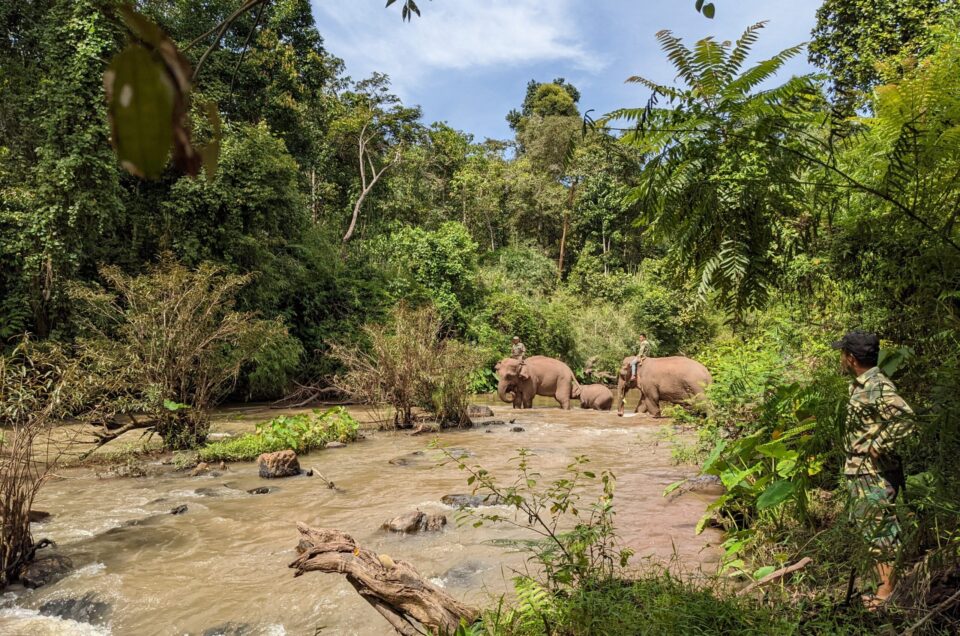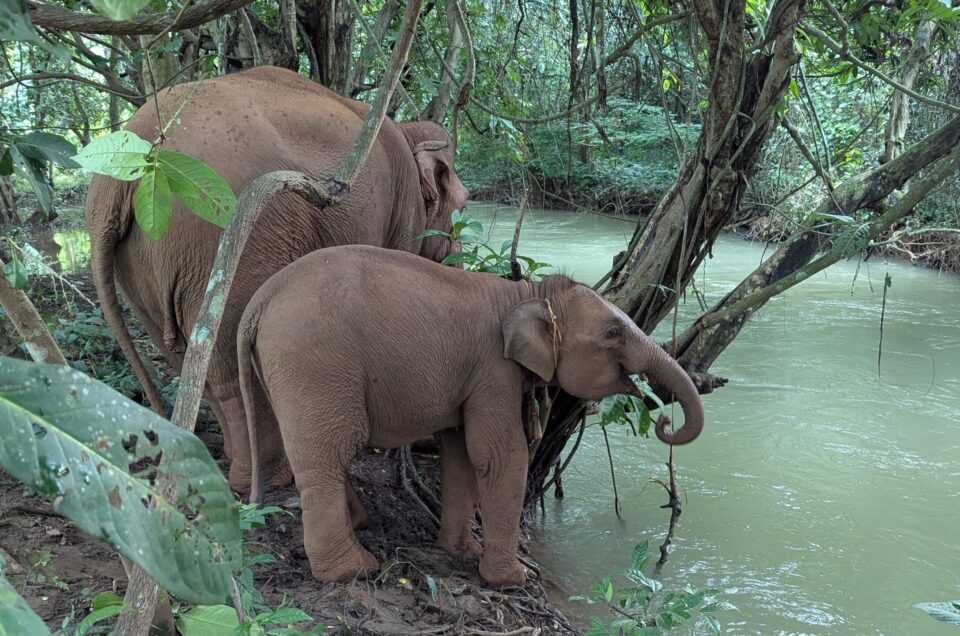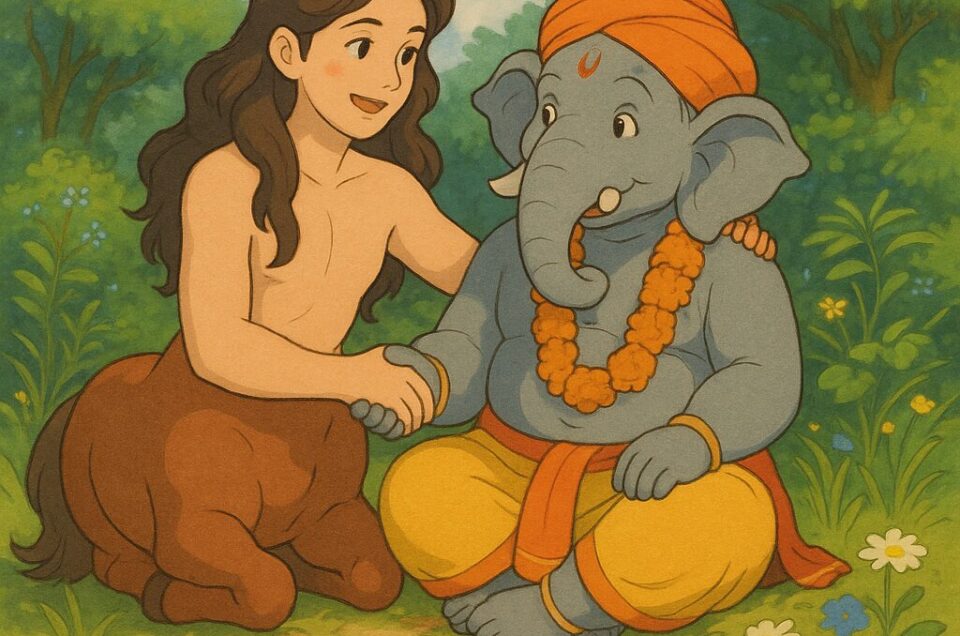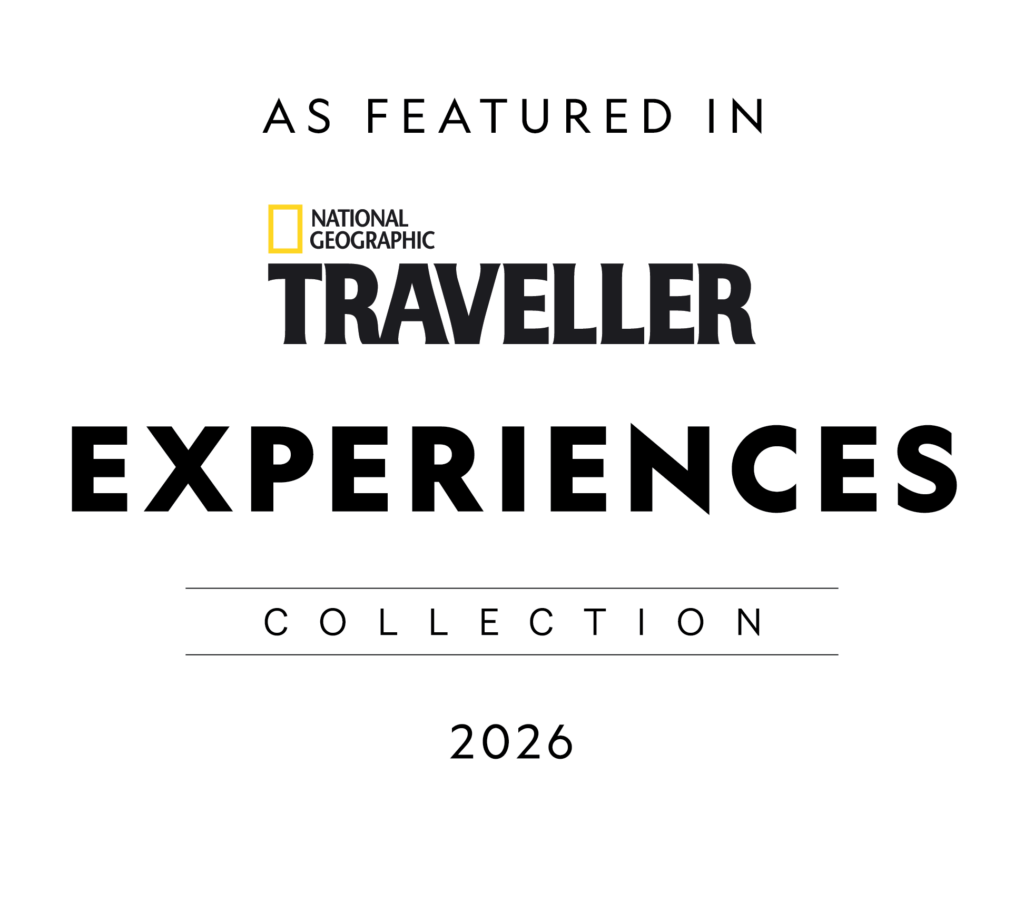Characters:
- Dr. Anya Sharma: An Animal Welfare Scholar
- Mr. David Chen: An Animal Rights Activist
- Uncle Kham: A Veteran Laotian Mahout from Manifa Elephant Camp
Moderator: I want to address the ultimate goal for many: Should elephants currently working in camps be reintroduced into the wild? Mr. Chen, perhaps you could start by sharing the animal rights perspective on this goal.
Mr. David Chen: Thank you. From an animal rights position, the goal is unequivocally clear: elephants should not be used for labor, entertainment, or tourism. Therefore, rewilding is seen as the moral imperative, the way to end captivity altogether and restore an elephant’s fundamental right to autonomy. We believe every sentient being should live in self-determined conditions, free from human ownership, training, and intervention. Captive elephants are often viewed as victims of a system of oppression, and rewilding is their path to liberation.
Dr. Anya Sharma: And while that ideal of liberation is ethically compelling, from an animal welfare perspective, rewilding is fraught with serious risks if not managed with extreme, long-term care. Welfare experts like Dr. Ingrid Suter caution against projects that prioritize this symbolic idea of “freedom” over the practical, day-to-day well-being of the individual animal. Releasing captive elephants—especially those born and raised around humans—is not a simple act. They often lack the behavioral skills needed to forage effectively, to protect themselves from predators or injury, or to navigate the complex social dynamics of wild herds.
Uncle Kham: (Nods thoughtfully) This is true. My elephant, Mae Bounma, knows my voice, she knows the scent of our village, she knows where to find the sweetest bamboo near our camp. But the deep forest, the wild herds with their own laws… that is a foreign land to her. For us, here in Laos, elephants are not just “wildlife” or “property.” They are co-inhabitants, woven into our lives through care, ceremonies, and family ties. To take her from this world she knows and place her in a world she does not… it would not feel like liberation. It would feel like a rupture, a breaking of a bond built over her whole life.
Dr. Anya Sharma: Exactly. Dr. Suter’s research highlights that many rewilding projects can be driven more by political pressure and public sentiment—often from Western discourses—than by science-based welfare planning. Some projects have been launched without adequate ecological capacity, funding, or post-release monitoring, leading to higher mortality rates, social isolation, or increased human-elephant conflict when the “rewilded” elephants approach villages for food. They become a problem for communities and are put at risk themselves. Dr. Suter argues that “rewilding is not a welfare panacea.” It must be judged solely on whether it actually improves the life of the individual elephant, not just whether it satisfies our expectations of what “natural” should look like.
Mr. David Chen: I want to be clear: no serious rights advocate wants to see an elephant suffer or die in the name of freedom. The path to liberation must be carefully evaluated. Uncritically pushing for rewilding without considering the actual conditions on the ground—fragmented forests, scarce resources, the escalating dangers of poaching—can indeed lead to new forms of suffering. Liberation must not come at the expense of life itself.
Uncle Kham: And who holds that responsibility? For me, my responsibility is to this elephant, Mae Bounma, here, today, in this world we share. Her well-being, her attachment to her elephant friends here, the continuity of her life… this is my focus. The call to “return all elephants to the wild” can feel like a cultural imposition, an idea from the outside that does not understand our way of coexistence. My goal is not control, but companionship and mutual adjustment, ensuring she has a meaningful, safe life where she can walk, eat, play, and rest, knowing she is cared for by her human family.
Dr. Anya Sharma: This really highlights the three different ethical starting points. For Mr. Chen, the ultimate goal is restoring autonomy. For me, from a welfare science standpoint, the goal is ensuring the highest possible quality of life, and that might mean improving in-situ care rather than attempting a risky rewilding. This could involve well-managed, semi-wild sanctuaries that provide enrichment, space, and protection without completely severing the human networks that have long sustained these animals.
Mr. David Chen: And we would support such sanctuaries as a vast improvement over traditional tourist camps, especially if they are non-contact and managed primarily for the elephants’ own benefit. But we still see them as a step on the path toward true freedom, not the final destination.
Moderator: This brings us back to the core tension. It seems the ethics of reintroduction cannot be answered with a simple absolute.
Dr. Anya Sharma: No, it must be rooted in situated knowledge, long-term care planning, and an honest accounting of risks. From a welfare view, rewilding must tangibly improve an elephant’s life, not just be symbolic.
Mr. David Chen: From a rights view, our call for freedom must be responsibly planned, ensuring that freedom doesn’t inadvertently lead to greater harm.
Uncle Kham: And from my view, as a mahout, the question is always: what makes a good life for this particular elephant I know, here in our shared community of people, forest, and other animals?
Dr. Anya Sharma: As Dr. Ingrid Suter reminds us, the real task may not be universal rewilding, but rather rethinking our own assumptions about what counts as ethical care. It’s about learning from the people and animals who have long coexisted in these shared, complex environments. Rewilding may be one path among many, but it shouldn’t be the sole litmus test for morality. We must ask: what kind of future allows this specific elephant to flourish? And who is prepared to commit to caring for that future, every single step of the way?
[7] Q: Are elephants working for people eligible for rescue and conservation?





![[1] Q: Are Elephants in Tourism Wild or Domesticated?](https://manifatravel.com/wp-content/uploads/2023/03/elephant-vet4-780x636.jpg)

